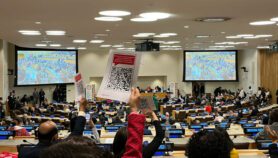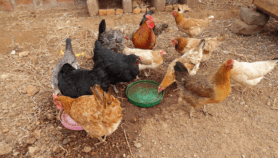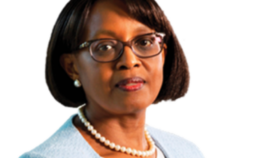By: Bernardo Esteves
Send to a friend
The details you provide on this page will not be used to send unsolicited email, and will not be sold to a 3rd party. See privacy policy.
[RIO DE JANEIRO] Brazil plans to launch a project to boost public-health research in Portuguese-speaking countries in Africa. The project will begin in Angola before being introduced to Mozambique and other nations.
Representatives of Angola’s health ministry will visit Rio de Janeiro this month to finalise the plan’s details during the 11th World Congress on Public Health (21-25 August).
Under the plan, Brazilian researchers will teach a two-year masters course in public health at the Angola National School of Public Health in Luanda. The first course will begin in October.
The Oswaldo Cruz Foundation (Fiocruz), a leading research centre linked to Brazil’s Ministry of Health, is coordinating the project with support from the Brazilian federal research funding agency, Capes, and the Angolan government.
Together, the three institutions are providing US$1,100,000 for the project.
"Students from Angola and Mozambique already attend Fiocruz for masters and PhD courses, but they seldom find work opportunities in their countries when they go back," says Maria do Carmo Leal, Fiocruz’s vice-president of education, information and communication.
"Our aim is to help those countries to consolidate a local research infrastructure that could absorb those researchers," she told SciDev.Net.
The master’s programme at the new Angolan institute will focus on research relating to Angola’s main public health issues, such as infectious diseases.
Students will spend three months of their second year in Brazil doing research and writing their dissertations in collaboration with supervisors at Fiocruz.
They will be given free access to over 10,000 scientific journals via a website currently used by Brazilian scientists.
The project also includes plans to renovate Angola’s technical schools, and to improve their libraries.
A similar programme for scientific cooperation with Mozambique is being planned but its launch date has not yet been set.













